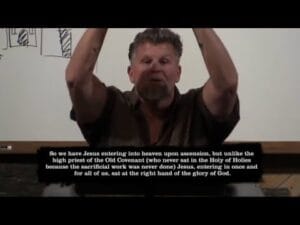
The End of Material Religion, Part 3
Script currently unavailable.

Script currently unavailable.
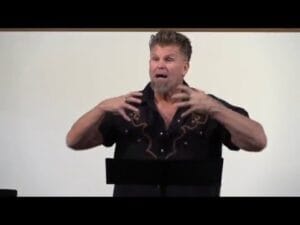
Peter and John, threatened by authorities, prayed with companions, emphasizing God's creation and authority. God's relationship with Israel is like a marriage, highlighting faithfulness. Prophets depict Israel's unfaithfulness as adultery, but reconciliation is offered through Christ. The early church at Pentecost fulfilled God's covenants, uniting Jew and Gentile. Believers honor God as creator, with Jesus central to knowing God. The Holy Spirit guides directly, without intermediaries, emphasizing Jesus as "servant Son."

Shawn teaches from 2 Peter 1:12-19, stressing remembrance of essential truths to prevent believers from falling. He highlights faith's journey, spiritual growth, and prophecy's reliability.
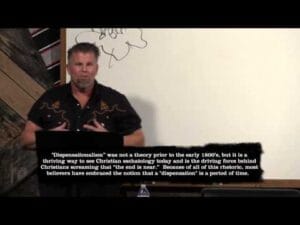
Shawn McCraney teaches that post-70 AD, Christianity shifted from material to spiritual, emphasizing personal faith, spiritual growth, and direct relationship with God, challenging traditional church structures.

The teaching highlights the Holy Spirit's role in empowering believers, valuing humility over scholarly credentials, and prioritizing divine calling over earthly authority, emphasizing love and genuine faith.
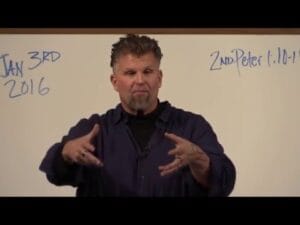
Peter and Shawn emphasize cultivating virtues like love, patience, and godliness to confirm one's calling, ensuring spiritual steadfastness and avoiding apostasy.
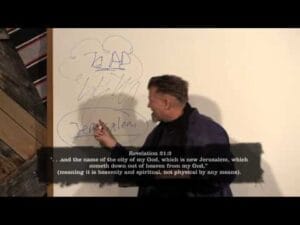
Shawn McCraney critiques institutional religion, advocating for spiritual worship over material structures. He emphasizes a direct relationship with God, citing biblical patterns where the physical precedes the spiritual, fulfilled by Jesus. Jesus' life marked the end of material religion, transitioning to a spiritual era post-70 AD.
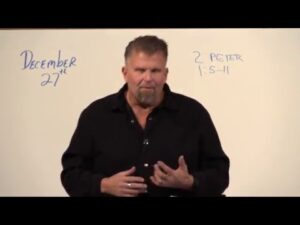
Peter and Shawn emphasize cultivating virtues like faith, knowledge, patience, and love for spiritual growth. Focus on God's attributes and Christ's teachings for transformative faith.
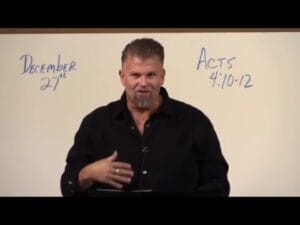
Peter and Jesus link Psalm 118 to Jesus as the cornerstone, shifting God's kingdom to Jesus' followers. Salvation is holistic, not just from hell. Shawn reinterprets brimstone as refining, not punishment. Paul distinguishes resurrection to life or judgment, emphasizing salvation's spiritual and eternal aspects.
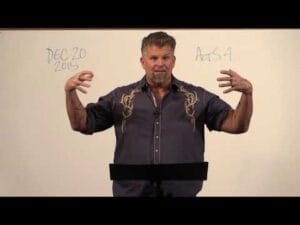
Shawn's teaching covers Jewish leaders' roles, their questioning of Peter and John in Acts 4, the shift of scribes' roles, Jesus' spiritual authority, and the importance of faith-driven ministry. It emphasizes readiness to share faith, the transformative power of the Holy Spirit, and the exclusivity of salvation through Jesus.